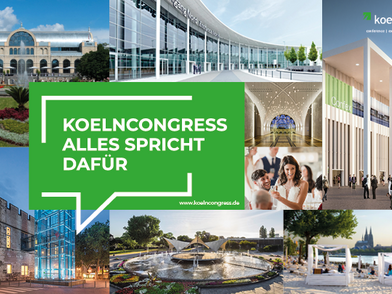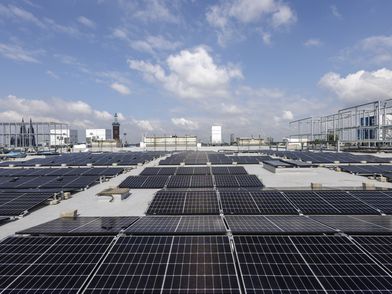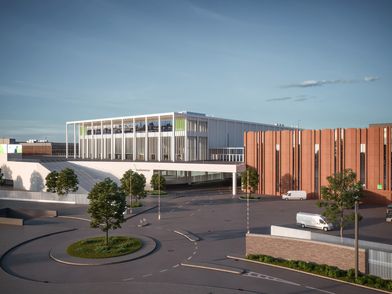Cologne’s meeting sector is flexible and continuously evolving. In MICE News Cologne we inform you about new openings, renovations, annual convention statistics, awards, specials, major events and lots of other news from Cologne.
MICE news Cologne
Stay informed at all times
Registration now open for UFI Global Congress in Cologne
- Mice-News
The countdown to the 2024 UFI Global Congress has begun, as registration for the event is now open. The 91st edition of the association’s largest and most global annual event will take place from…
30 years of Koelncongress - 30 years of expertise and success in the event business
- Mice-News
On January 21st, Koelncongress GmbH turned 30 and looks back on a multifaceted and successful company history.
Koelnmesse builds Cologne's largest inner-city photovoltaic system
- Mice-News
4,800 modules with an output of almost 2.0 megawatt peak (MWp) ensure annual CO2 savings of 1,200 tonnes. With the construction of the largest inner-city photovoltaic system in Cologne, Koelnmesse is…
Confex - one year to go!
- Mice-News
The conference center of the future is scheduled to open its doors in October 2024. The team of Koelncongress GmbH already registers very high demand: the first events are already planned for summer…
25 years LANXESS arena
- Mice-News
The 11 September 1998 marks a special day for the entire cultural sector in Germany. This year sees the opening of Germany's largest multifunctional hall.
FAQ - Frequently asked questions
The acronym MICE refers to the business travel sector of tourism. It stands for “Meetings”, “Incentives”, “Conventions” and “Exhibitions”.




